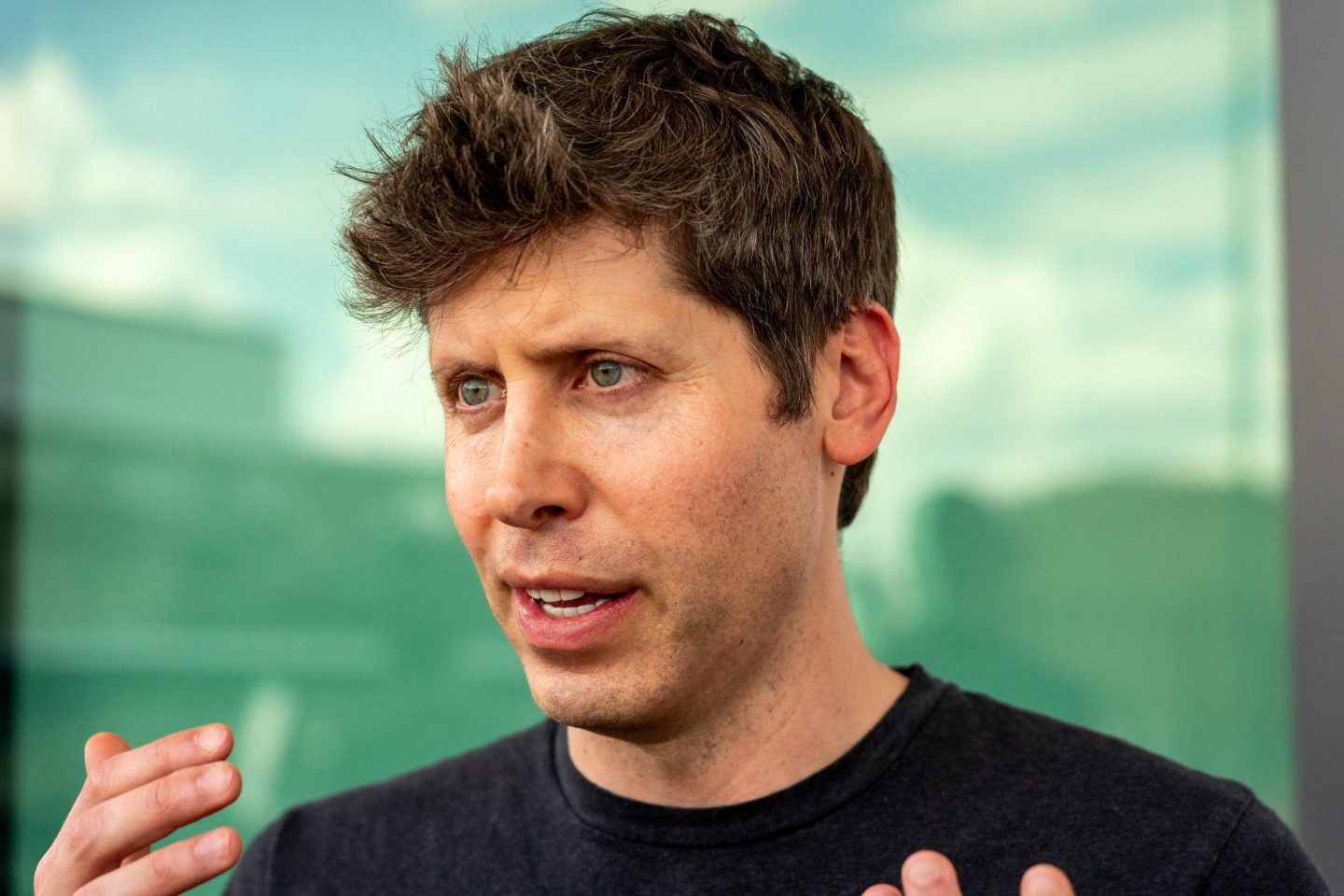For months, leaders from Ford CEO Jim Farley to the Federal Reserve Chair Jerome Powell have sounded the alarm that AI could wipe out entry-level jobs.
Now, newly released data suggests they could be right: Since ChatGPT’s rise, job postings across the U.S. have fallen by about 32%, according to data from the Federal Reserve, as employers increasingly turn to AI tools and automation to boost efficiency.
Young workers appear to be bearing the brunt. A recent Stanford University report on AI’s impact on employment echoes that Gen Z, in particular, have hit a wall. Although overall employment in the economy continues to grow, job postings for early-career workers aged 22-25 have experienced a 13% drop since 2022 in more AI-exposed fields.
These professions, like software development and customer service representatives—once popular pathways for young workers—are in “substantial” decline, the report warned.
But amid the bleak data, there’s one bright spot: healthcare—and specifically, home health aides.
The role ranks among the least AI-exposed occupations while also experiencing strong growth, with nearly 740,000 new home health aide positions expected to open up over the next decade, according to the U.S. Bureau of Labor Statistics. What’s more, the field is one of the only areas where employment for young workers has actually been growing faster than for older workers.
Granted, the median annual pay of about $35,000 isn’t the dream salary for most Gen Z workers. Still, the barrier to entry is low—requiring only a high school diploma and short-term on-the-job training—and the sector’s stability offers something rare in an uncertain labor market. And while it might not be glamorous, it provides a foothold in one of the few industries largely insulated from automation.
A growing demand for healthcare workers: Nearly 2 million jobs up for grabs
The COVID-19 pandemic underscored the importance of frontline caregivers, exposing long-standing shortages and burnout across hospitals and nursing homes. And as baby boomers retire en masse, demand for healthcare workers is only expected to intensify. In fact, over the next decade, the U.S. is expected to see about 1.9 million healthcare job openings each year, according to BLS data.
And unlike home health aides, many healthcare jobs come with substantial paychecks.
Take nurse practitioners, for example. The median annual pay is about $130,000, and the field is projected to grow by 40%, with 128,400 new roles expected over the next decade—making it the third-fastest growing occupation in the country. While the path requires advanced education, it offers long-term financial stability, something that’s becoming increasingly rare in today’s rapidly changing job market.
Other job titles, including physician assistants, nurse anesthetists, and health services managers, offer similar perks: high pay, job security, and upward mobility.
AI is expected to leave healthcare jobs alone—for now
As AI continues to reshape the workplace and threaten millions of white-collar jobs, healthcare stands out as one of the safest sectors.
Geoffrey Hinton, the computer science pioneer often called the “Godfather of AI,” has predicted that only “very skilled” workers will have jobs in the near future. Yet even he believes healthcare workers will remain resilient.
“They’re much more elastic,” Hinton explained earlier this year on The Diary of a CEO.
“If you could make doctors five times as efficient, we could all have five times as much healthcare for the same price,” he added. “There’s almost no limit to how much health care people can absorb—[patients] always want more healthcare if there’s no cost to it.”
Similarly, Google DeepMind CEO Demis Hassabis—who envisions AI curing diseases and even helping colonize the Milky Way in the near future—says the human element of care is irreplaceable.
“There’s a lot of things that we won’t want to do with a machine,” he said. “You wouldn’t want a robot nurse—there’s something about the human empathy aspect of that care that’s particularly humanistic.”
Are you Gen Z and working outside your dream career path? Tell your story with us at preston.fore@fortune.com.













